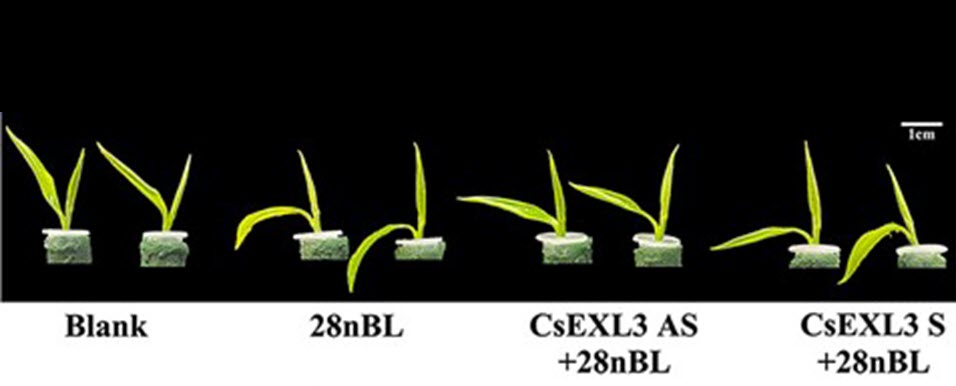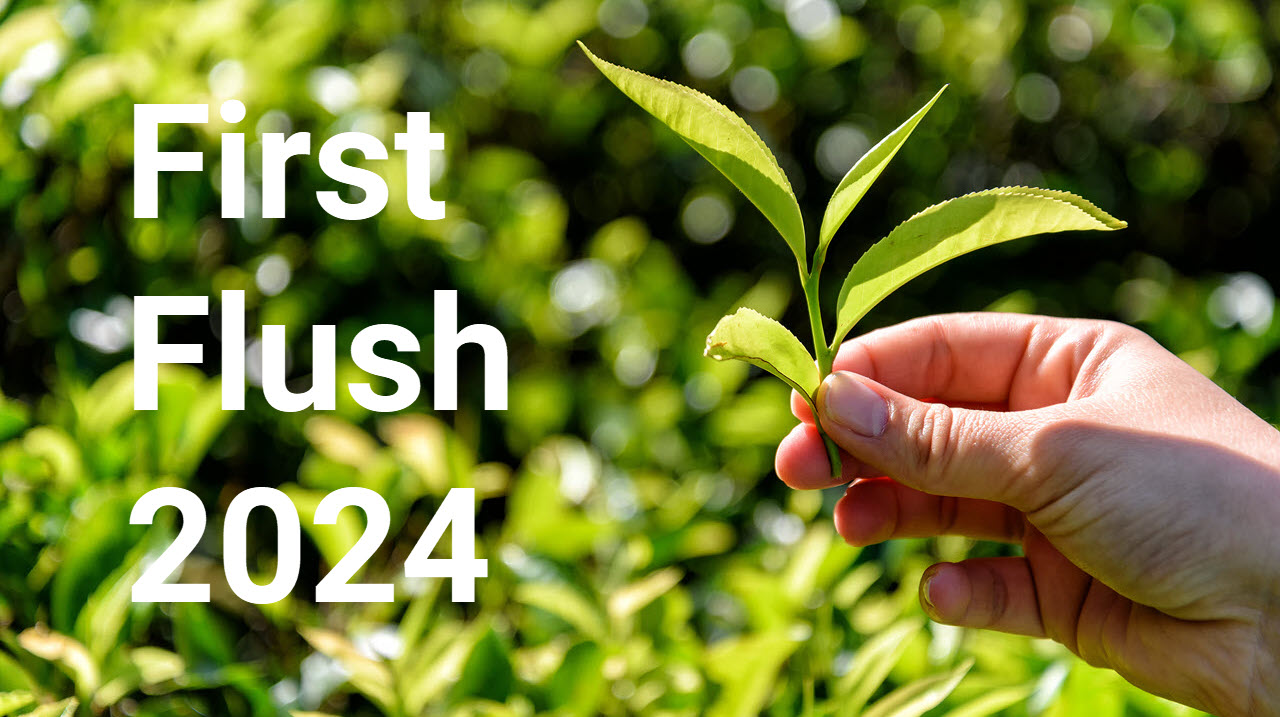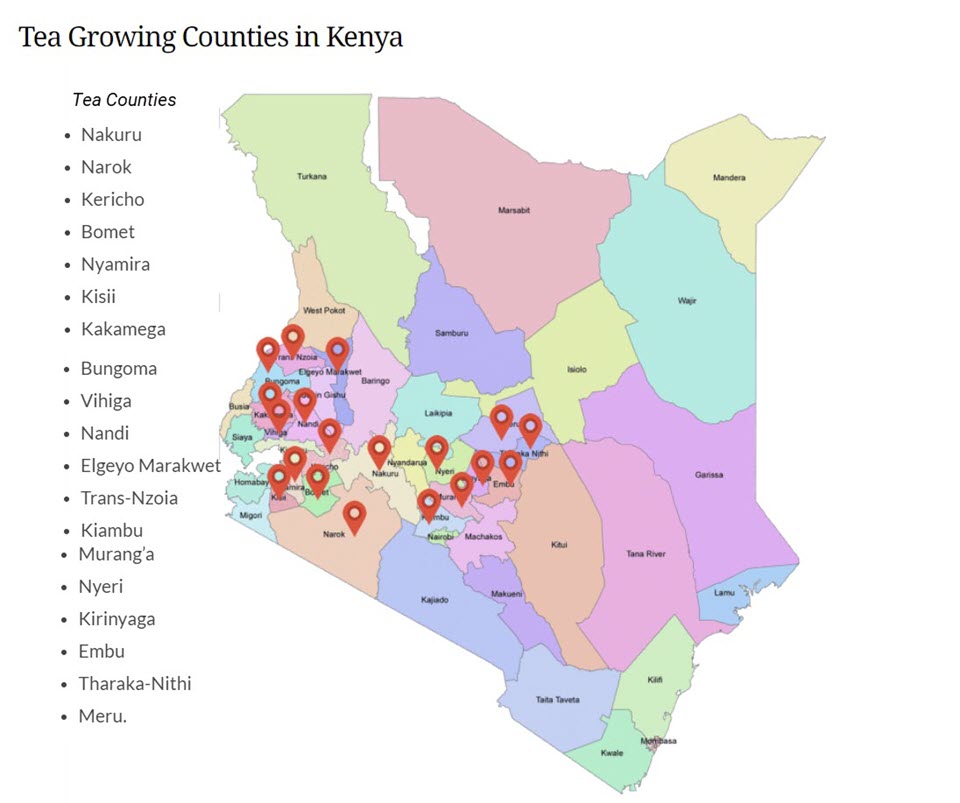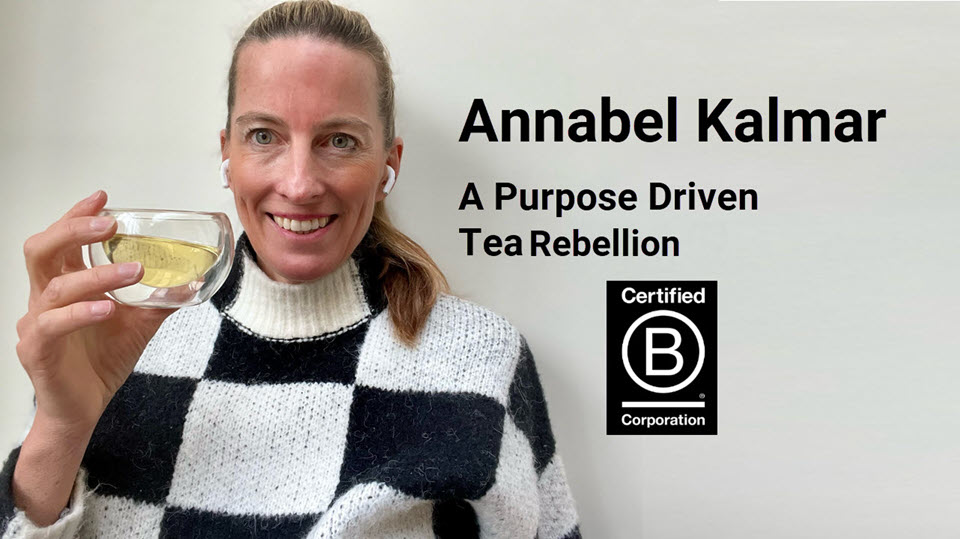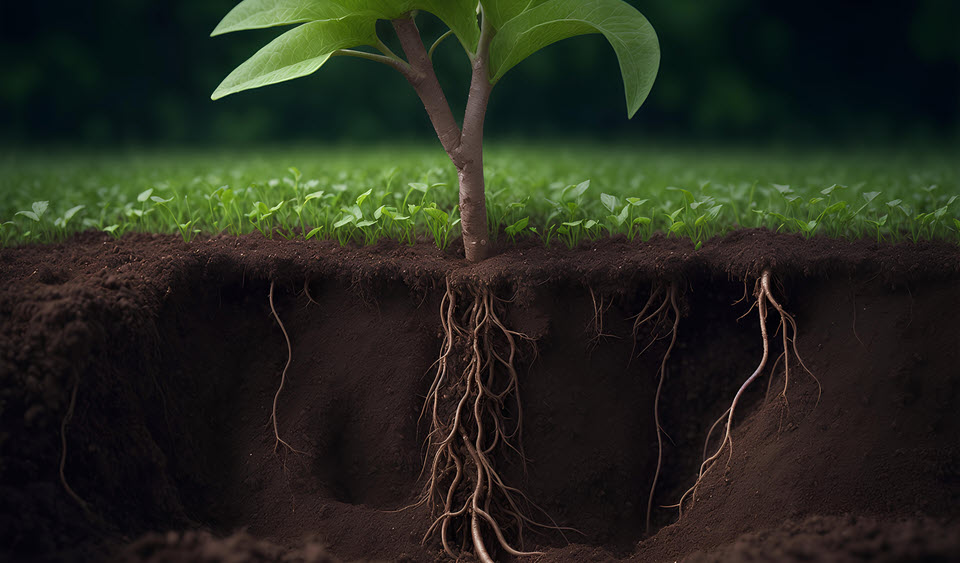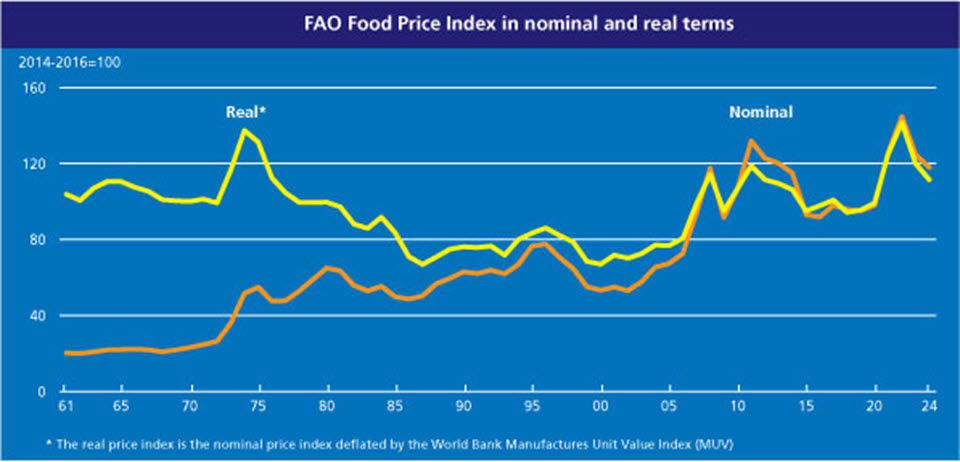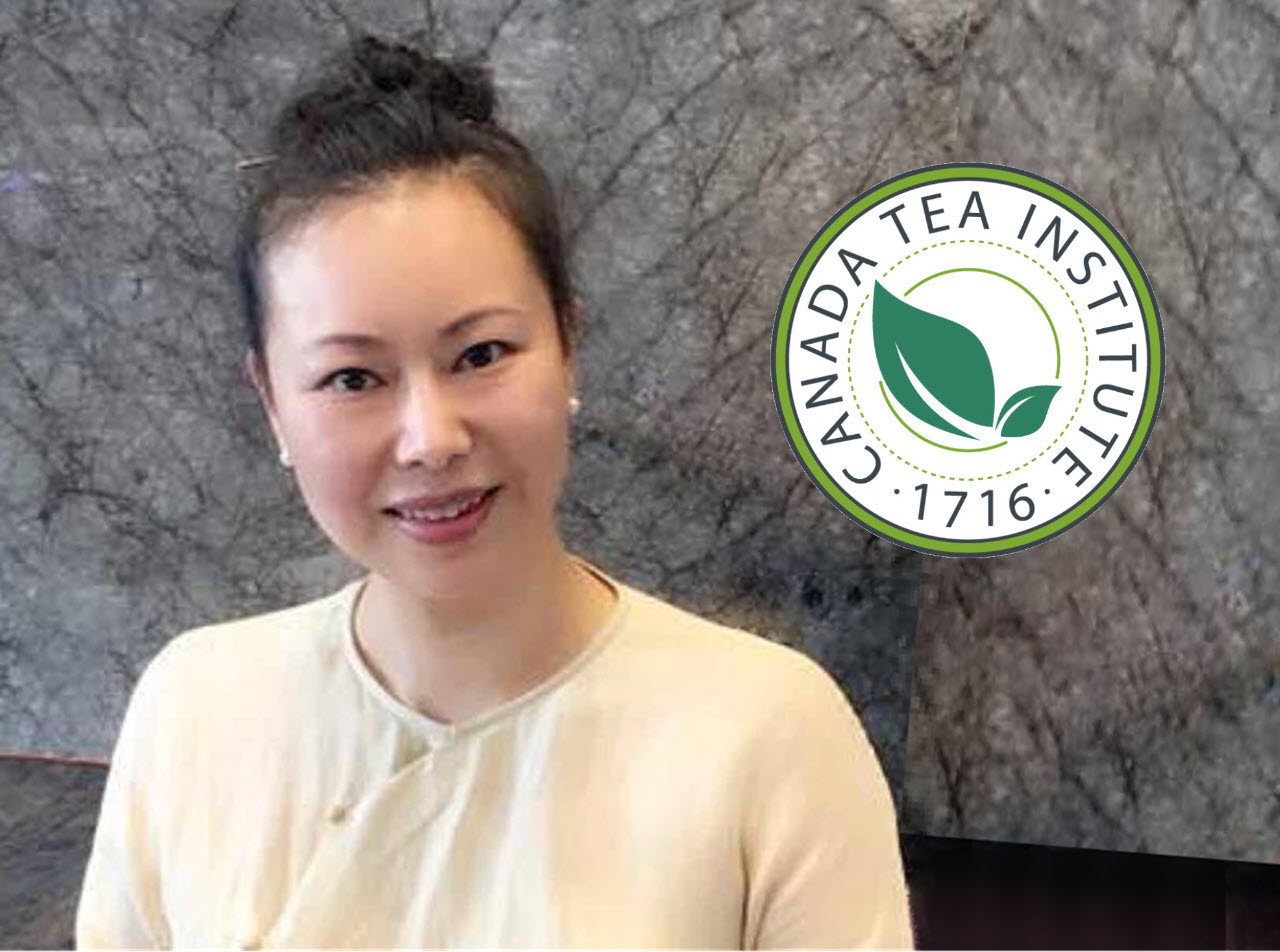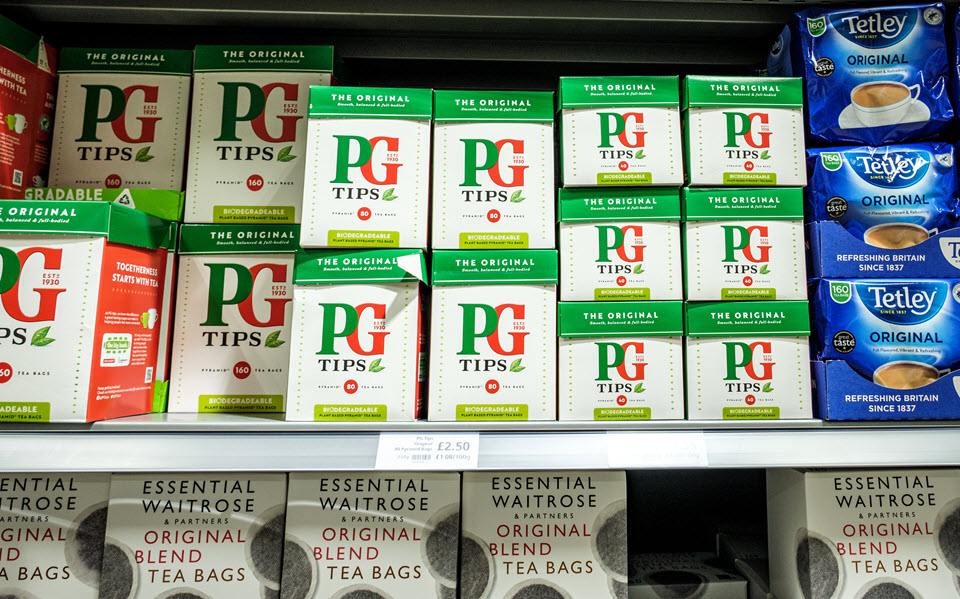Episode 182
Tea festivals are enjoying a resurgence, basking in the renewed enthusiasm of health-conscious consumers and the joy of imbibing quality tea. The 14th Annual Northwest Tea Festival draws tea enthusiasts to Seattle for two educational and fun days at the Seattle Center on September 28th and 29th. The Northwest Tea Festival has a rich history in tea, evolving from a small local event to become the foremost social gathering for tea lovers in a region known for its beverages.
Listen to the Interview
Powered by RedCircle
Spotlight

How it Came About
Julie Rosanoff is a pioneer in specialty tea dating to 1990 when she co-founded the Perennial Tea Room near the Seattle waterfront. In 2004, Julee hosted tea-themed dinners there, with author Norwood Pratt narrating the story of teas as courses were served. Tastings and special events led to the founding of the Puget Sound Tea Education Association and the region’s first tea party featuring Barnes & Watson, Teahouse Kuan Yin, Tea Geek (Michael Coffey), Sa Tea, Village Yarn & Tea, and Choice Organic Tea. Inspired by the mass tastings hosted by Bay Area tea firms for the 50,000 foodies attending the first Slow Food Nation in September 2008, the Northwest Tea Festival, a not-for-profit venture, launched to wide acclaim later that month.
Dan: The Northwest Tea Festival is a genuine specialty tea experience, a social gathering of respected speakers and vendors with a delightfully appreciative audience. Julee, tell us what inspired you to get involved in hosting the event.
Julee: Author and tea expert Norwood Pratt inspired me to start the festival. He attended a meeting of several key vendors in Seattle then, and he said that no one was celebrating the 400th anniversary of the House of Orange importing tea to Amsterdam, which is the origin of orange pekoe. So we said, We’ll do it, and we spent a year sorting it out, and the following year, we had our first tea festival, and we’ve had them every year since then, except for COVID, where we were down for three years. Now we’re back.
I didn’t know what would happen the first year we did it. The most exciting thing for me was having 500 people standing in line waiting to get in that first day, all having a wonderful time. I think we only had about seven booths, and it was a wonderful thing. Everybody had a good time. And they all said, We want to come back, please do it again.
On the morning of the first day, there is a line out the door, down the street, and around the block, and it is just fabulous to see all these people waiting to have tea.
That’s how it started.

Continued…
Joining us today are founders Julee Rosanoff and Doug Livingston.
Dan: Doug, has organizing the festival changed your view of tea?
Doug: My view expanded quite a bit when I considered how to present tea to somebody else and not just focus on myself. I also considered bringing in speakers to talk about the culture behind tea and all the various social aspects of tea nationwide. While working on the show, I became more engrossed in tea.
I did my homework and learned a lot more, and I was able to contact some amazing people, not only locally but nationally and internationally, either in person or via some media. So, yeah, it changed me and grew my understanding, appreciation, and love of tea. It’s hard to measure, but it had a huge impact.
Dan: That’s a wonderful story about the show’s origin. I’ve attended several events and found new activities as they matured. Will you give listeners a glimpse of what will happen this year? What makes this year’s show special?
Julee: We’re still coming out of COVID, reorganizing and getting ourselves, and Doug and I, after 17 years, are stepping back a bit. What makes this year special is that new people are in charge. They’re working very hard, and they’re doing an incredible job. Some things will be different, and some things will be the same. It will be very exciting watching them succeed with all this new experience and responsibility they haven’t had before. It’s going to be great to see.
Dan: Will you tell us, Doug, a little about the venue and the show’s layout?
Doug: Over the years, we’ve moved around many venues. It’s always been centered in the downtown Seattle Center complex. The current venue is an exhibition hall. Our attendance right now is somewhere around 3500 people. Up to 5,060 have attended in past years, including vendors. It’s a large exhibition hall with space for a lot of presentations. An exhibition floor area and areas are partitioned around the perimeter for other events, presentations, or workshops.
Others on our planning committee brought in the tea lounge concept. They’ve developed it and turned it into a very exciting way of allowing people to experience tea rather than just walking around between vendors sipping tea, which is essential. This offers a little bit more interaction, which is kind of between the formal presentations and workshops. It’s very accessible to people, and it’s been very well received.
Dan: I want to focus momentarily on an emerging trend — retailing tea by offering memorable experiences. Everyone in America knows what tea is, but millions have simply not experienced or enjoyed the exquisite taste of high-quality specialty premium tea.
Julee, will you describe how the festival makes it easy for someone who is a commodity tea drinker to be awakened to the culture, style, and taste of tea?
Julee: First, people come in to see maybe 40 or 50 vendors, all of whom have their version of exquisite tea. Everybody who attends is given a teacup, which will hold about two ounces of tea, and as they walk around, they can sample all the teas that vendors are brewing all day long for two days. When they ask questions, the vendors will have plenty of information. They’re going to find a lot of samples if there’s something someone likes, they can take some home. If they don’t like it, they can throw it out and start again — that happens because our ability to taste must grow and develop, and you might not welcome specialty if you’ve been drinking Lipton tea bags. There is a wide range of what people can try and taste, just with the vendors.
And then, if they go to the Tea Bar, they can sit and try different teas and have them three or four different times; you know that they’ll re-steep because re-steeping is only possible with exquisite teas. People who are not used to it will find it a whole new experience. And so, people can have a wide range of varieties and experiences that will awaken their taste buds and their sensitivity to tea and its wonderful range of experiences and flavors.
Dan: Doug, what’s going through their mind when someone’s face lights up after tasting these teas?
Doug: Well, a lot of different things. As you know, giving somebody an experience that is new and different to them is one of the core things of the tea festival. Our tea festival isn’t a commercial event. It’s not a trade show where vendors sell to other businesses; our focus is on the person drinking the tea and when they light up and realize there’s an aspect to it that they didn’t realize before. That’s growth for them. That’s personal growth, that’s enjoyment, that’s delight, that’s education, and all of those are core goals of the event.
And when we see that happen, we know we’re doing what we’re trying to do.
There’s nothing wrong with drinking commodity teas. There’s nothing sacred about having to find the most exquisite oolongs and so forth. The idea is the experience and its social aspects. And that was also one of the biggest challenges with COVID: the social aspects. Being able to see that response from people and experience that exchange that back and forth was so truncated because socially, we couldn’t be social as much. And you know, with all the media that came in and became available, that helped a lot and certainly expanded the capacity to do that from a great distance. So yes, we can do a Zoom, Facebook, or FaceTime thing and share that experience with someone you know, who will smile and make noises of enjoyment. We can vicariously experience reaching out to somebody. Tea is a social beverage. That is why it’s so ingrained in so many societies at a very basic level. That is the core value of tea. Ours is not a tea culture where you don’t have meetings without tea. In some societies, it’s like being properly dressed; it becomes an important part of the experience.
So, yes, that is a long answer to describe the experience that tea is all about.
“For me, this is a way for 3000 people to reunite with friends. People always talk about who they’ve met. I can’t wait to see this person or that person. Boy, I came from St Louis or Montreal to hang out with these five people in a comfortable place, which is always accommodating. I share experiences with people I’ve known, in some cases, for almost two decades.”
— Andrew Goodman
Doug: The festival celebrates this amazing beverage that has captivated the world. We, as organizers, try to maintain a setting and structure so everybody involved can have an enjoyable time, whether it’s an exhibitor, an attendee, somebody doing a workshop, a volunteer, or a staff member working at the festival. We really work to make this an enjoyable and learning event, and that’s why education is so important.
We’re looking at the experience of everybody around this whole subject of tea and how people can share that experience, whether they’re a presenter or whether they’re a consumer, whether they’re somebody who’s trying to start a business.
Dan: Julee, picture yourself as a carnival barker inviting passersby to purchase a ticket to the show.
Julee: Come to the tea festival and learn about a drink you probably already like. You’ll also meet people who share your enthusiasm and will show you new ways to drink and enjoy tea.
There will be more people to meet, new friends, and an opportunity to expand your cultural experience throughout the world. You will meet people from all over the world. It’s going to be very exciting. Don’t miss it!
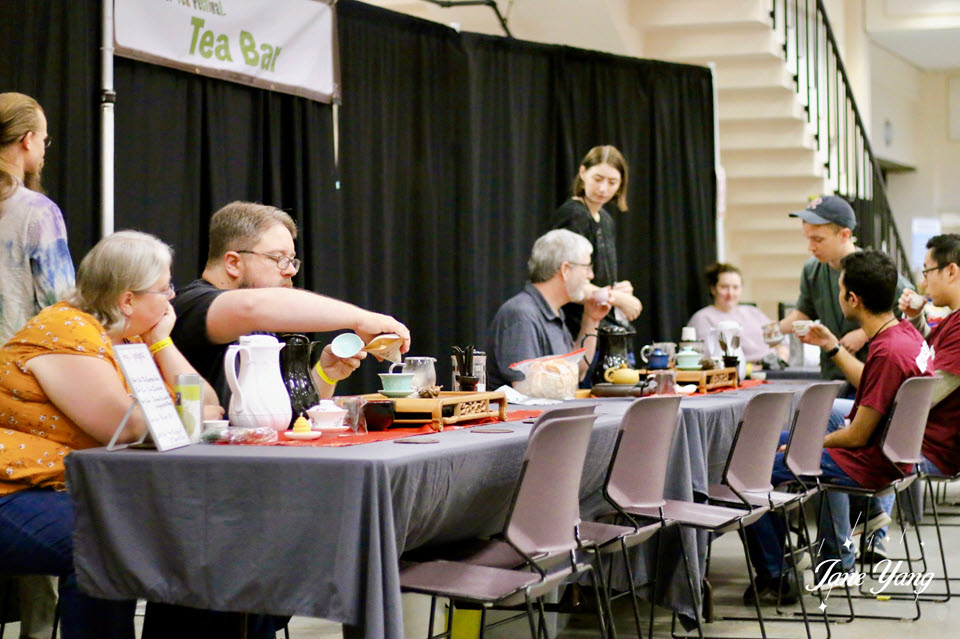
Tea Bar & Lounge
The Tea Lounge is on the east side of the Exhibition Hall. It is open throughout the afternoon and serves various kinds of tea at tables with fun themes.
Tea Tutorial Table
- The Tea Tutorial Table is a space for a slower-paced educational exploration of teas lasting fifteen to twenty minutes. Participants will be guided in depth through a tea or series of teas.
Tea Bar
- The Tea Bar is a space for short, three—to five-minute intensive tastings. These will typically compare two similar teas, contrast related but dissimilar teas, or focus on one very special tea. The Tea Bar was created by Charles and Laurie Dawson, founders of Whatcom Tea. All the teas they share are from their personal collection. The sharing is, without expectations, part of their mission to make tea accessible, affordable, and fun. The tea bar is kid-friendly, and children participating in the tea bar may walk away with something extra!
Tea Barista Table
- The Barista Table is a place to taste a quick cup of one of the many teas found at the festival. We will brew finds from the festival and, if you like, point you in the right direction so you can acquire some of your own. Standing room only!
Tea Guest Table
- The Tea Guest Table is a space for knowledgeable members of the tea community to share their love of and experience with aspects of tea. This may include in-depth tastings, demonstrations of teaware and techniques, fun contests, or blind tasting events. Depending on the presentation, session length may vary considerably.
The Empty Tea Cup
- The Empty Tea Cup is a place to rest. After participating in several aspects of the tea industry, Josh Brock concluded that the best way to support tea is to share it in its basic forms. To expose others to the fundamental element of tea that unites all cultures, generations, ceremonies, and sincere hospitality.

Northwest Tea Festival | Seattle Center: Exhibition Hall
301 Mercer Street, Seattle, WA 98109
Saturday, September 28 – 10 am – 4 pm
Sunday, September 29 – 10 am – 4 pm
Buy Tickets | Program | Tea Bar & Lounge
Sharing is Caring: Please forward this post to a friend in tea
Lindsay Lohan TV Ad Advocates Office Tea Breaks | Suez Shipping Disruptions Intensify | China Launches Global Tea Marketing Initiative | Kenya Suspends Auction Price Minimums on Old Tea | AI Models Predict Local Weather on a Planetary Scale. | Dan Bolton | Episode 182 | 23 August 2024
Sign up to receive Tea Biz weekly in your inbox.




